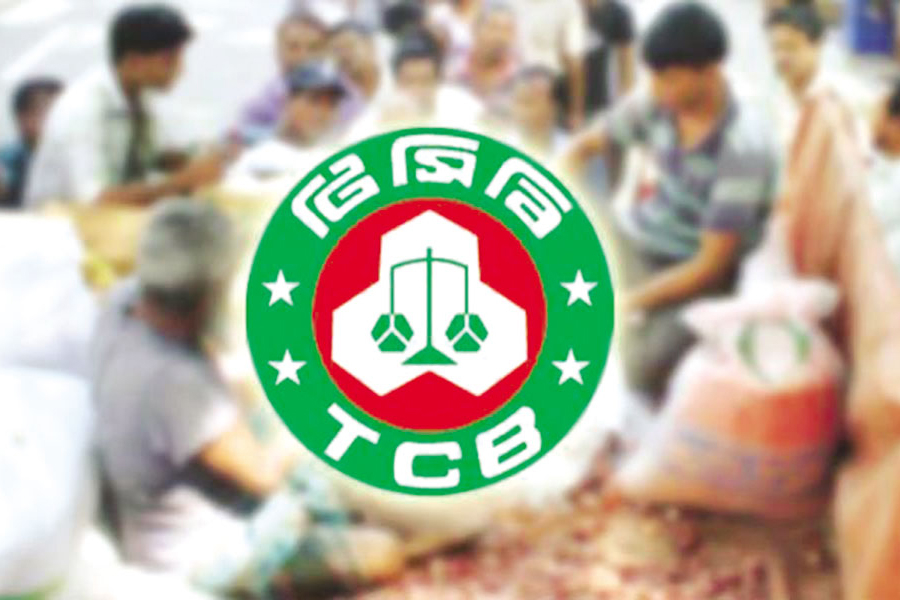
Published :
Updated :

Commerce adviser on Wednesday has pledged major reforms to the Trading Corporation of Bangladesh (TCB) following past corruption.
Adviser Sheikh Bashir Uddin has admitted that previous mismanagement during the dictatorial regime had set back progress.
The comment is made at the stakeholder discussion titled ‘Trade with TCB’, held at the Army Golf Club in the city, organised by the Corporation, aiming to engage with the traders as well as to make people know about the supply chain of essential commodities by the TCB.
“We’re determined to properly utilise the Tk 120-140 billion allocated to TCB annually so that the maximum amount of product can be purchased and distributed,” said the adviser.
“Our focus is now on efficient procurement, with significant improvements expected by June”, he said.
He said the TCB system is now not only a matter of the commerce ministry. It now involves coordinated efforts across multiple government bodies, including the Tariff Commission, NBR, finance, food, and the agriculture ministry.
“This comprehensive approach marks a positive shift from previous weaknesses,” he said.
He also said that the Corporation has progressed in dismantling trader syndicates that previously controlled supplies. “We’re now sourcing from multiple businesses rather than just a select few,” he said.
The adviser also emphasised the importance of ‘halal’ income practices.
Commerce Secretary Dr. Nazneen Kawshar Chowdhury said: “Our priority is serving 10 million marginalised families. TCB isn’t a business - it’s an enabler for food security.”
SM Shahin Parvej, director (commercial), presented the keynote,e which said the organisation purchased and distributed in 2018 a total of 0.25 million tonne, which has increased to 0.6 million tonnes of commodities in 2025 so far.
TCB Chairman Brig Gen Mohammad Foyshol Azad has said the distribution capacity has seen a remarkable increase from 0.25 million tonnes in 2018 to 0.6 million tonnes in 2025, marking a major boost in the organisation’s ability to serve the public.
Starting January 2025, a new smart card system has been implemented to facilitate the distribution of subsidised goods to beneficiaries.
The Chairman also focused on operational improvements, including the reduction of payment processing time from 42 days to just 28 days, along with enhanced digital systems and e-GP tendering processes designed to prevent misuse.
However, the Chairman acknowledged several challenges facing TCB.
These include the identification and suspension of duplicate cards, delays in customs clearance for perishable imports, and ongoing manpower shortages in contract processing.
Despite these challenges, TCB achieved a significant milestone by supplying goods to all 64 districts during Ramadan for the first time. “We remain committed to our goal of building a hunger-free Bangladesh,” the Chairman stated.
The commerce ministry is currently refining beneficiary lists to ensure aid reaches those who need it most, he said.
Addressing concerns about the suspended cards, the Chairman said, “We’re not removing any legitimate beneficiaries - we’re only eliminating duplicate cards.” This action affects 4.0 million out of the total 10 million TCB cards in circulation.
Director of Admin and Finance Md Abed Ali emphasised ongoing efforts to streamline operations while maintaining transparency in all TCB activities.


 For all latest news, follow The Financial Express Google News channel.
For all latest news, follow The Financial Express Google News channel.